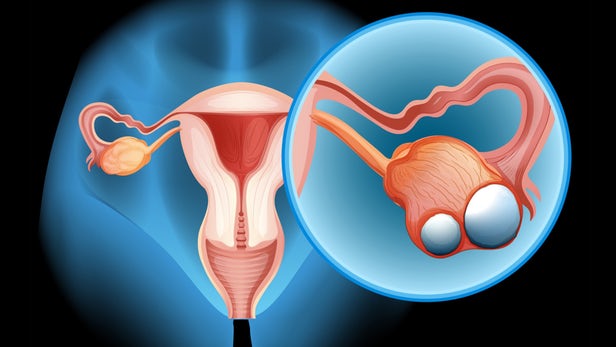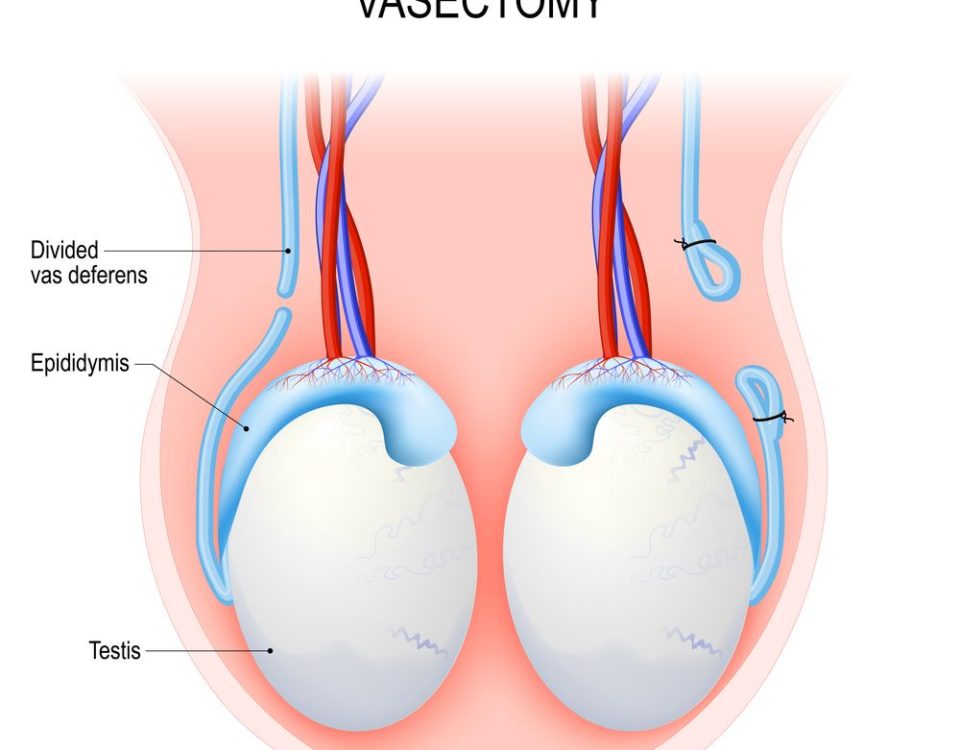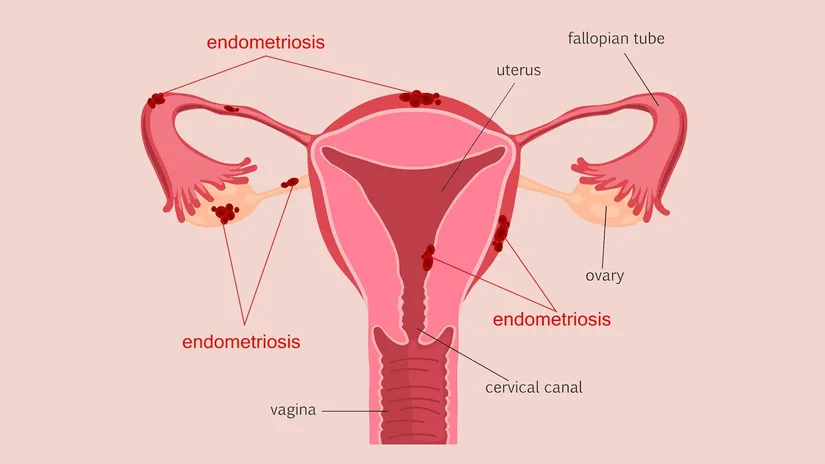Ovarian cancer, one of the most common types of cancer among women, is one of the most diagnosed and therefore one of the most fatal cancers. Ovarian cancer occurs in 1 or 2 out of every 100 women and results in death. One of the reasons why it is so dangerous is that by the time it is diagnosed, the disease is very advanced and the treatment process is more difficult than for other types of cancer. Ovarian cancer, which is more common during menopause, can occur in women of all ages.
What is Ovarian Cancer?
Epithelial cells form the main structure of the ovaries. Uncontrolled division or proliferation of these epithelial cells causes ovarian cancer. While 80% of cancers seen after menopause occur in epithelial tissue, 60% of cancers seen under the age of 20 are embryonic tumors.
Causes of Ovarian Cancer
- Genetic causes. People with a family history of breast or ovarian cancer are at higher risk.
- The risk is higher in people taking ovulation-enhancing drugs.
- The risk is higher in women who have never been pregnant.
- Women who use birth control pills have a lower risk than women who do not.
Symptoms of Ovarian Cancer
Ovarian cancer is usually not a self-evident cancer, so there are no clear symptoms. In general, symptoms vary from patient to patient. Common ovarian cancer symptoms include bloating, abdominal pain and stomach disorders, frequent urge to urinate, weight loss, vaginal bleeding, gas or nausea. In advanced stages of cancer, fluid accumulation in the abdomen, a palpable mass in the abdomen, abdominal swelling, a feeling of pressure down the abdomen, urinary and bowel complaints are observed.
Ovarian Cancer Diagnosis
The diagnosis of ovarian cancer is as important as any other type of cancer. Regular annual routine gynecological check-ups are very important for early detection of cancer.
Ovarian Cancer Treatment
The treatment of ovarian cancer requires the collaboration of physicians from different specialties such as gynecologists, oncologists, radiotherapists, chemotherapists, pathologists, dieticians and psychiatrists. Two different methods, surgical and non-surgical, are applied during the treatment process. The disease is a type of cancer that can be treated if diagnosed early. Therefore, I recommend that you have your annual gynecological check-ups and examinations regularly and stay on track.







